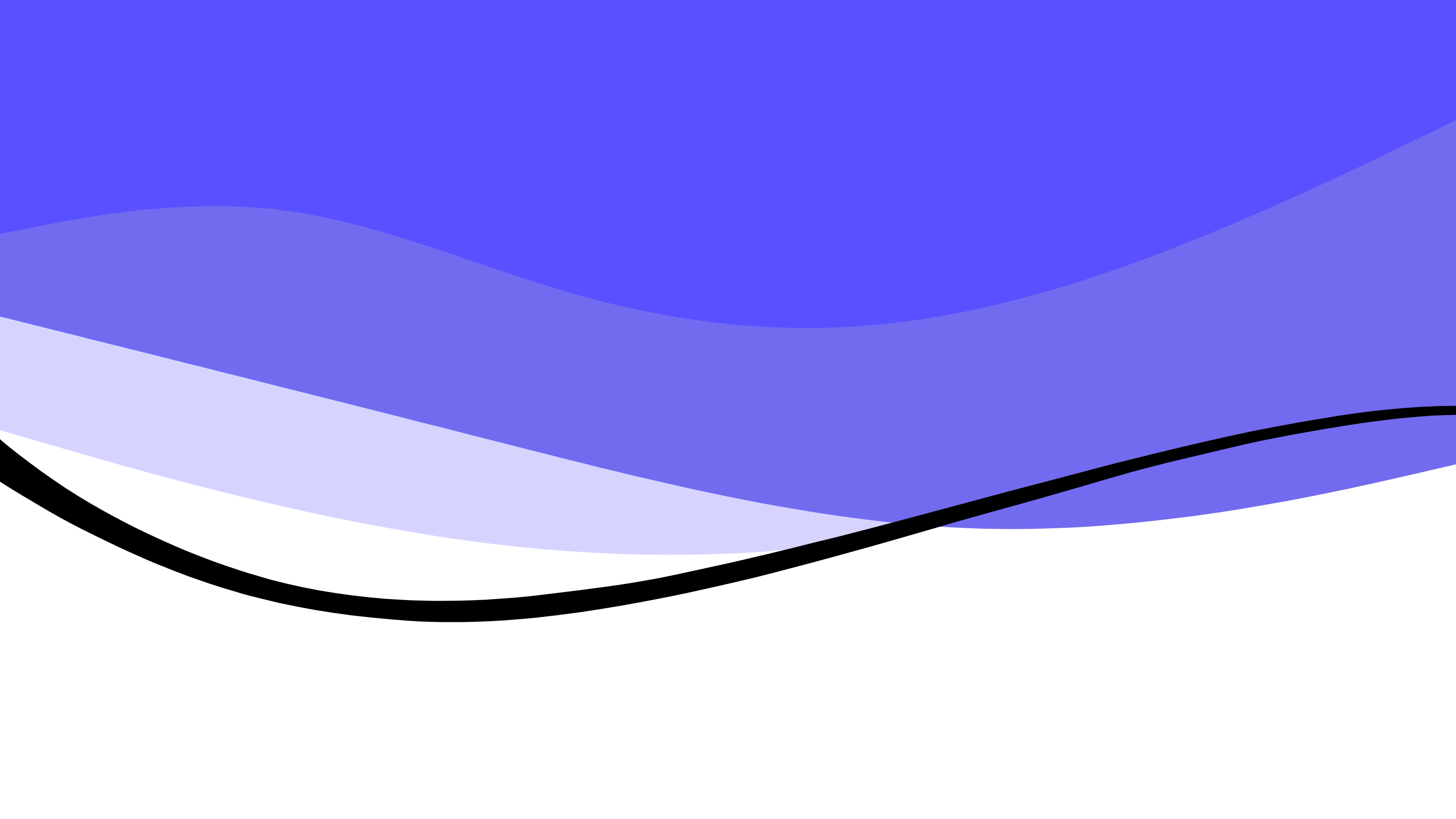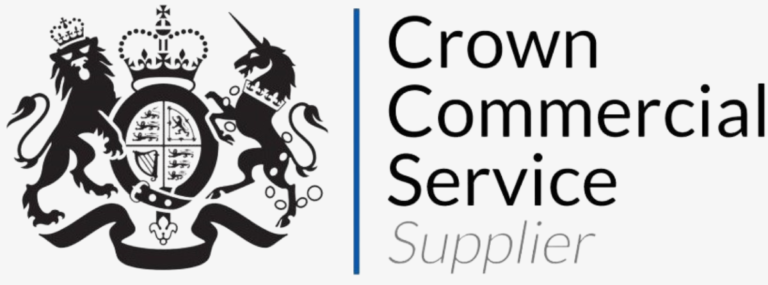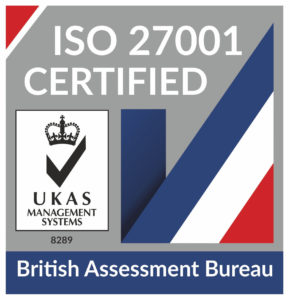
HaloCRM Guides
Liongard Integration
The Liongard integration in Halo allows you to import your Liongard Environments as Halo Customers & import your Liongard Systems as Halo Assets. You can also sync Customers created in Halo back to Liongard upon creation.
Connecting to Liongard
The first step in connecting Liongard to Halo is to obtain an API Key/Secret from Liongard. In Liongard, head to your profile (Top RHS) then to Account Settings:
In here, you will find an 'Access Tokens' Section. Generate a new Liongard API Token:
& input these details in Halo, via heading to Configuration>Integrations>Liongard:
Click 'Test Configuration' to ensure you have entered the correct details & connect to Liongard's API.
Halo Configuration Once Connected
Once you've connected to Liongard's API, the first thing to import is Customers:
You will see a table in this section, where you can establish Customer mappings. Doing so will avoid any Customers being duplicated in Halo, if their names slightly differ between Halo & Liongard.
For example, I may have a Customer in Liongard named 'HaloPSA' & the same customer in Halo named 'HaloPSA Ltd'. I would then need to create a customer mapping to avoid importing a new customer into Halo ('HaloPSA') when I already have an existing customer record ('HaloPSA Ltd'):
Non-mapped customers will attempt to match on name if they have not been added into the Customer mappings table.
Asset Imports
The next step in configuring the Liongard integration within Halo is to configure the Asset Import:
The options here include:
- Default Site - This will be the Site in Halo that newly imported Assets will be allocated to, if their Liongard Environment has not yet been imported, or their Liongard Environment has not been mapped.
- Field for Determining an Assets Type - This determines the Liongard field that will be used as a means of establishing the Asset Type in Halo. If a Liongard System has this field populated with a description not matching that of an existing Asset Type in Halo, then a new Asset Type will be created (& named whatever the contents of this field in Liongard is set to)
- Default Group for New Asset Types - Based on the above point. If new Asset Types are created, then they will be created within this Asset Group.
- Asset Matching Field - This field avoids the creation of duplicate Assets. If an Asset already exists in Halo with the details of this field matching the details of the corresponding field in Liongard, then said Asset will be updated (NB: the Liongard ID will always be checked first here)
- Field Mappings - This table allows you to determine what information you want to pull in from Liongard. Each addition to this table should contain the Liongard Asset field & the corresponding Asset field in Halo:
(Best practice suggests that you map as many fields as possible, in order to obtain a more complete dataset in Halo). Liongard fields can be mapped to existing Halo fields, or Halo can create a new field upon importing:
Syncing to Liongard
Halo's integration with Liongard also allows for new customers create in Halo to be created in Liongard. Enable 'Sync Customers to Liongard' to facilitate this:
Sync type can be automatic (i.e customers will be created in Liongard as soon as they are created in Halo), or manual. If using manual syncing, ensure you enable 'Sync to Liongard' against a customer record, if you wish to sync said Customer:
The Halo Integrator
The import process can be automated on a scheduled basis via The Halo Integrator. If you have an instance of the Halo Integrator running, then simply enable the Integrator for this Integration & select what you want to sync:
Assets that have been deleted from Liongard can also be made inactive in Halo when the Halo Integrator next runs.
Popular Guides
- Asset Import - CSV/XLS/Spreadsheet Method
- Call Management in Halo
- Creating a New Application for API Connections
- Creating Agents and Editing Agent Details
- Departments, Teams and Roles
- Halo Integrator
- Importing Data
- Multiple New Portals with different branding for one customer [Hosted]
- NHServer Deprecation User Guide
- Organisation Basics
- Organising Teams of Agents
- Step-by-Step Configuration Walk Through
- Suppliers



